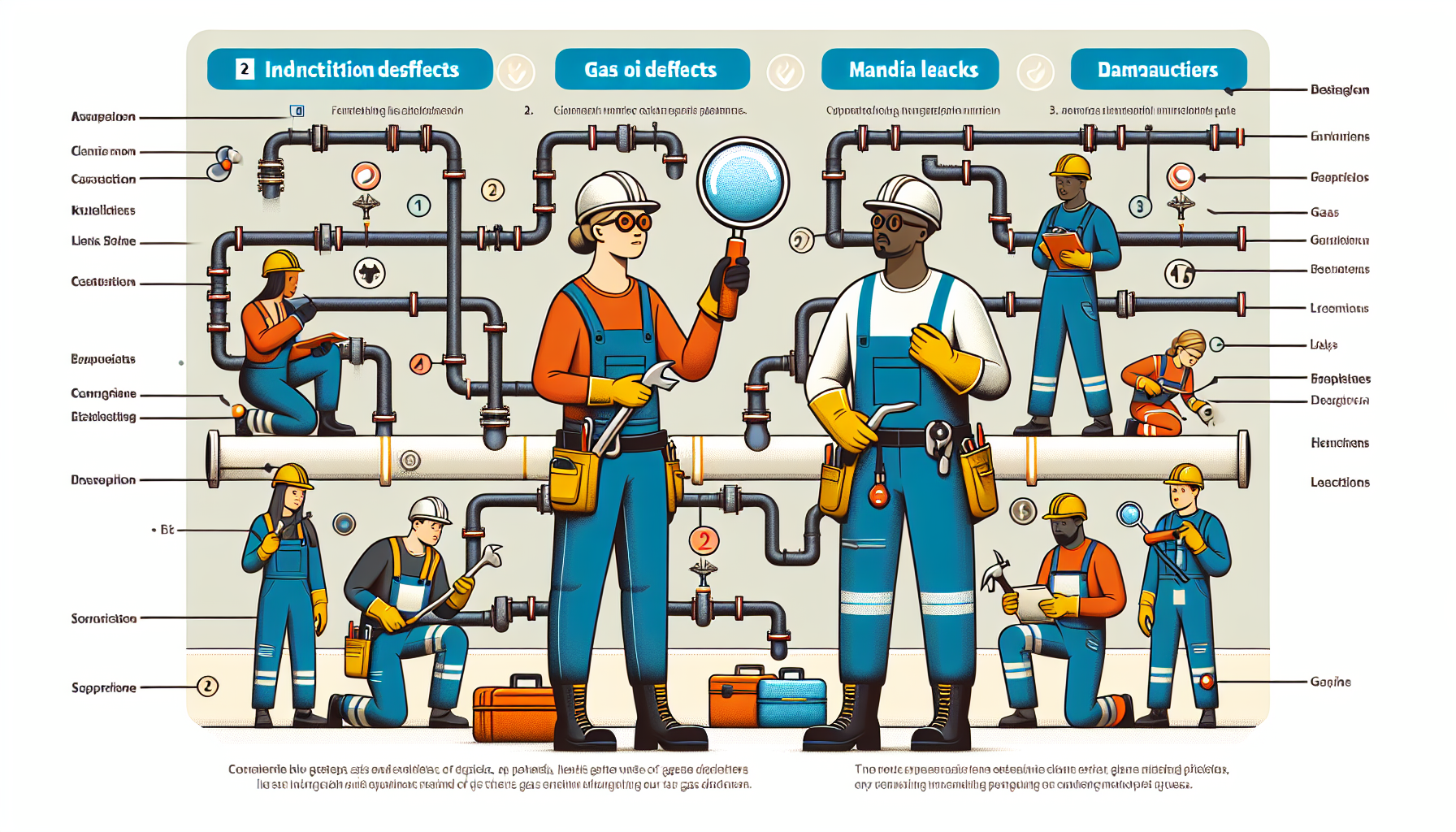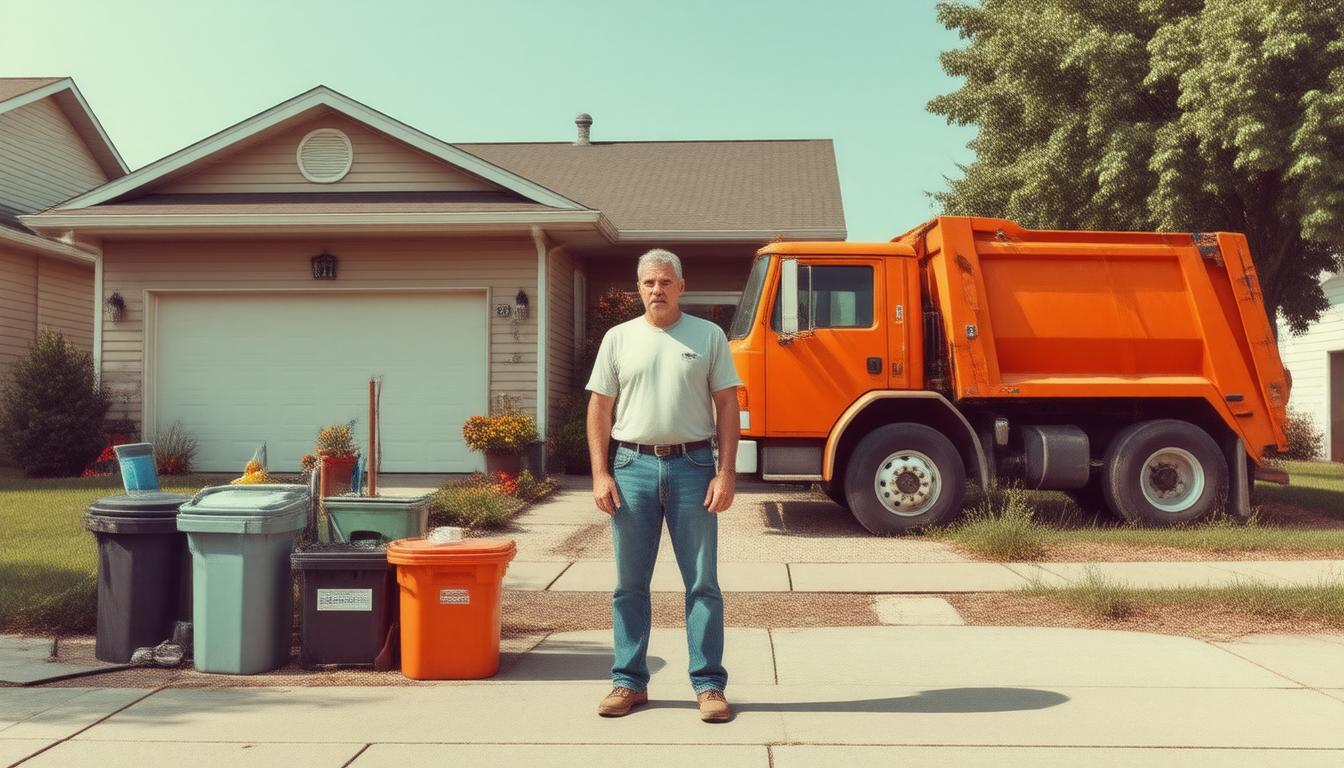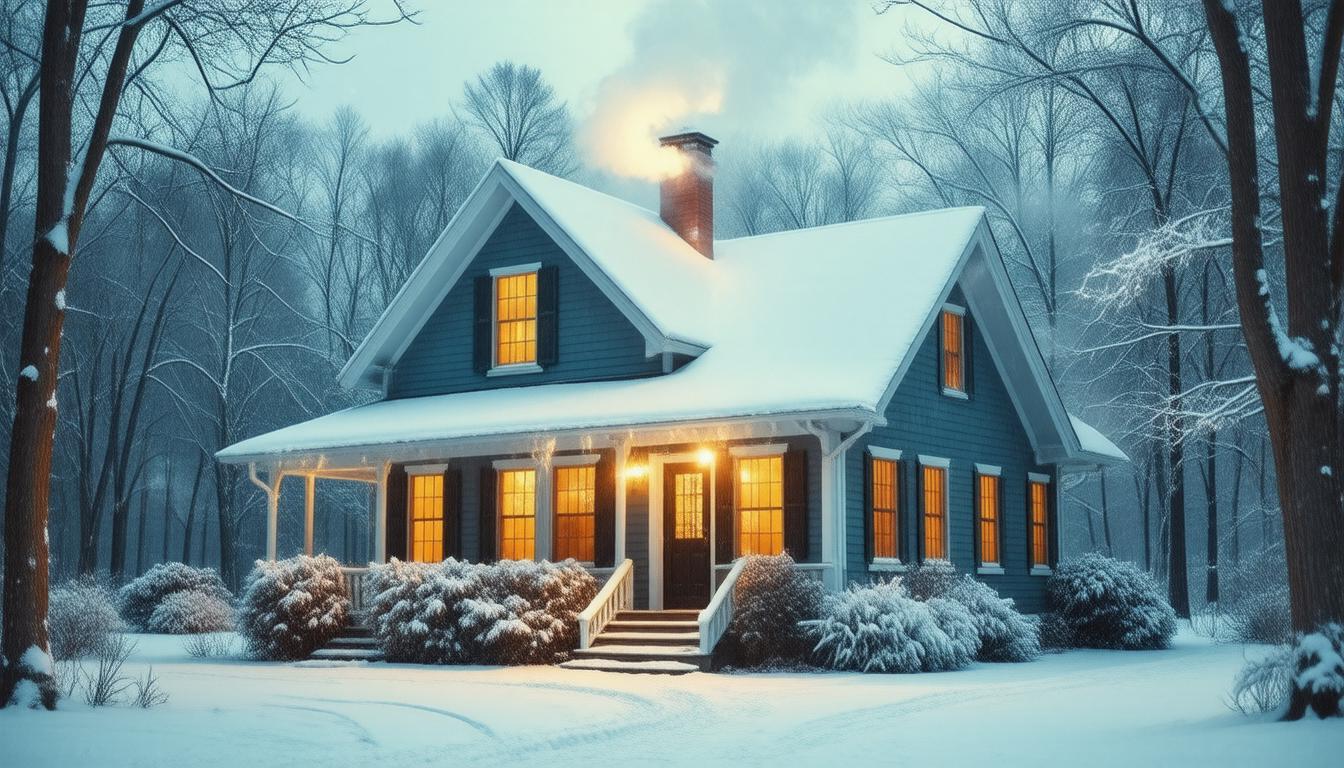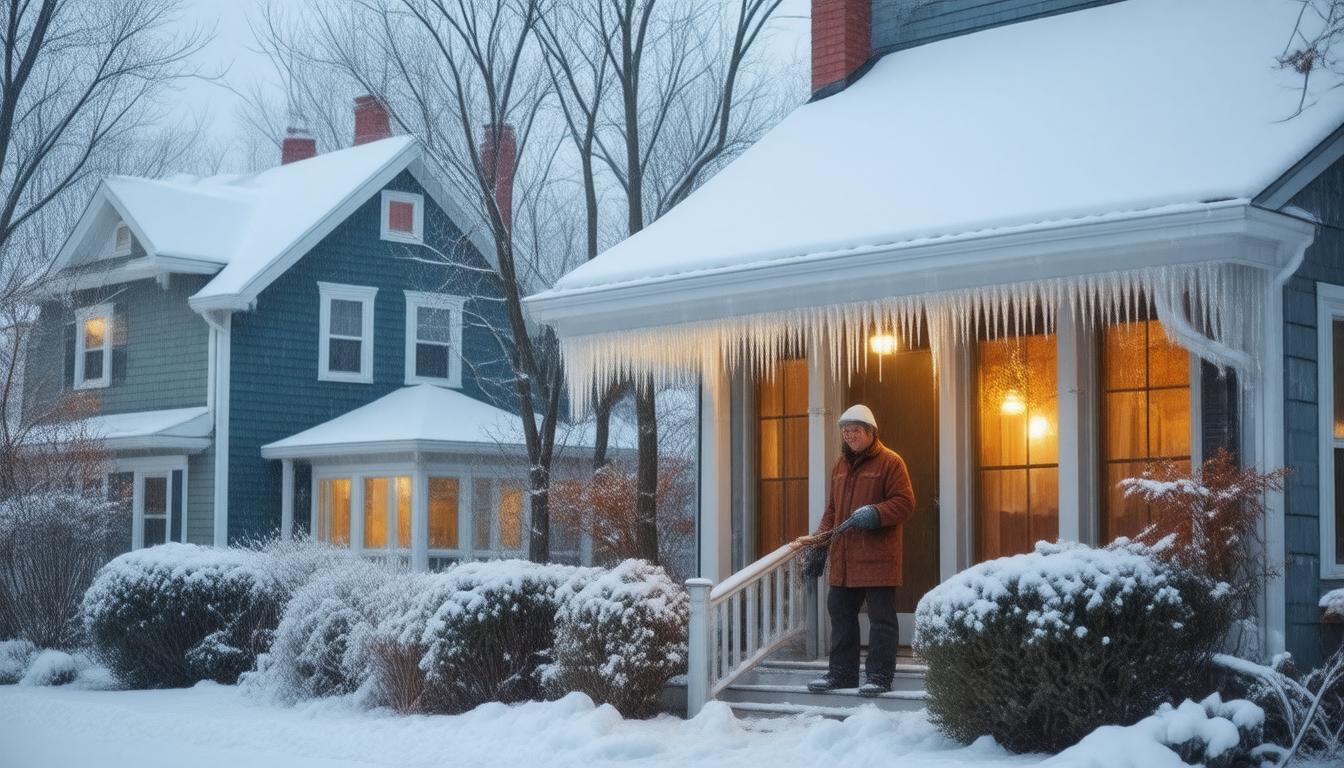
Natural gas is a widely used fuel for heating, cooking, and generating electricity. It is efficient, relatively inexpensive, and cleaner burning than some other fossil fuels. However, gas leaks are a serious safety hazard and can lead to fire, explosion, and health issues due to the toxic substances in the gas. Regular inspections and proper maintenance of gas lines can help minimize the risks associated with gas leaks.
Recognizing the Signs of a Gas LeakIdentifying a gas leak early is crucial for safety. One of the most common signs is the smell of sulfur or rotten eggs. Gas companies typically add this distinct odor to the gas for easy detection because natural gas is odorless. Additionally, look out for the following indicators:
– A hissing or whistling sound near a gas line or appliance
– Dead vegetation around the gas pipeline area despite adequate water
– Blowing dirt, bubbling water, or other unusual air movements outdoors
– Visible damage to a connection or the gas line itself
– Persistent bubbles in water over a gas line (which may be tested with soapy water)
If you detect any of these signals, evacuate the area immediately and contact emergency services from a safe location.
Regular Inspection of Gas Appliances and LinesTo prevent gas leaks it is essential to conduct regular inspections. Homeowners should perform visual checks of their appliances and accessible gas lines for signs of wear and tear, such as corrosion or damage. Hoses, connections, and fittings should be tight and free of cracks. It’s also important to ensure that ventilations for gas appliances are unobstructed to allow any escaped gas to dissipate safely.
Professional Gas Line AssessmentsFor a thorough evaluation, hire a qualified technician annually to inspect your gas lines and appliances. Professionals use specialized equipment to detect leaks that are not obvious to the untrained eye. They will check for proper pressure in the gas lines, test connections, and assess the overall condition of your gas system.
The Do’s and Don’ts in Case of a Gas LeakDo:
– Leave the area immediately.
– Alert neighbors as you leave if it’s safe to do so.
– Call emergency services and your gas company from a safe distance.
– Keep flames, electrical switches, and vehicles away from the leak site.
Don’t:
– Try to locate the leak yourself.
– Use any devices that might create a spark, including cell phones, lighters, or matches.
– Attempt to turn gas valves on or off.
Preventive maintenance is key. Replace aging flexible gas connectors, which can weaken over time. Install a carbon monoxide detector as a safety precaution, since gas leaks can lead to carbon monoxide build-up inside the home. Additionally, keep flammable materials away from gas appliances and educate your household on what to do in case of a gas leak emergency.
Take Responsibility for Your Gas SafetyEnsuring the integrity of your gas lines and appliances is a continuous responsibility. By staying vigilant, performing regular checks, and bringing in professionals for maintenance, homeowners can significantly reduce the risk of dangerous leaks. Remember, when it comes to gas leaks, it’s always better to err on the side of caution. Safety first!







